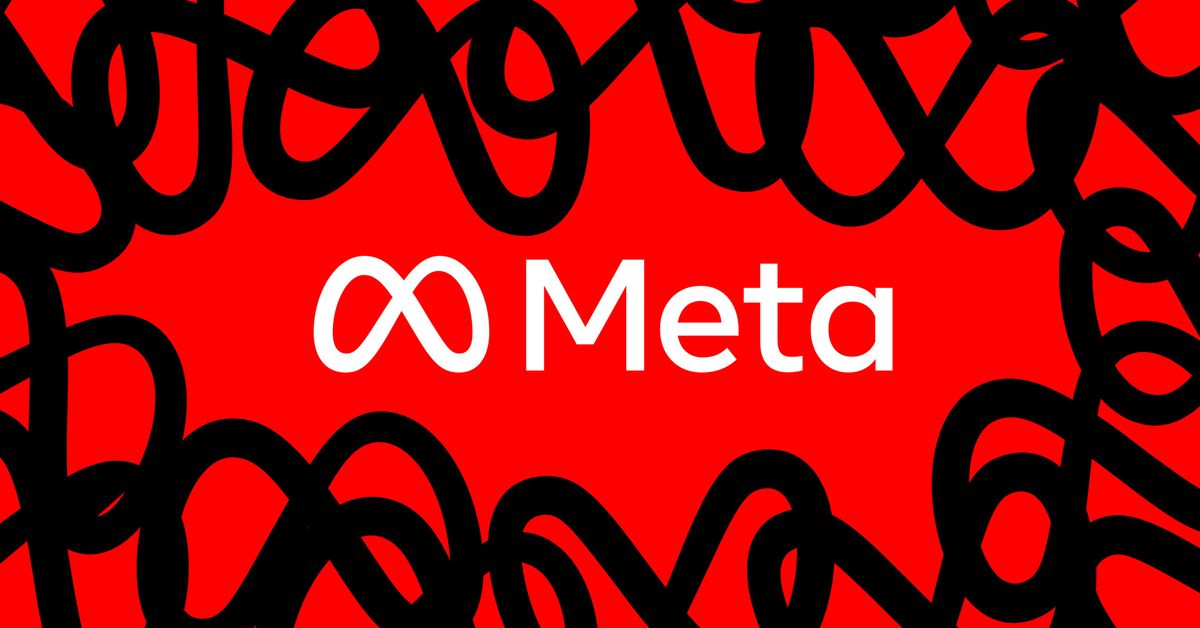

there is a better open source meta search engines
I already use Searxng and have never used Kagi, but I’m curious why you say that Searxng is “better.” Are you saying that because the quality of the searches is better, because it’s open source and Kagi isn’t, or for some other reason?





Thanks for clarifying! I’ve heard nothing but praise for Kagi from its users so that’s what I was assuming, but Searxng has also been great so I wouldn’t have been too surprised if you’d compared them and found its results to be on par or better.
By the way, if you’re self hosting Searxng, you can use add your own index. Searxng supports YaCy, which is an actively developed, open source search index and crawler that can be operated standalone or as part of a decentralized (P2P) network. Here are the Searxng docs for that engine. I can’t speak to its quality as I still haven’t set it up, though.